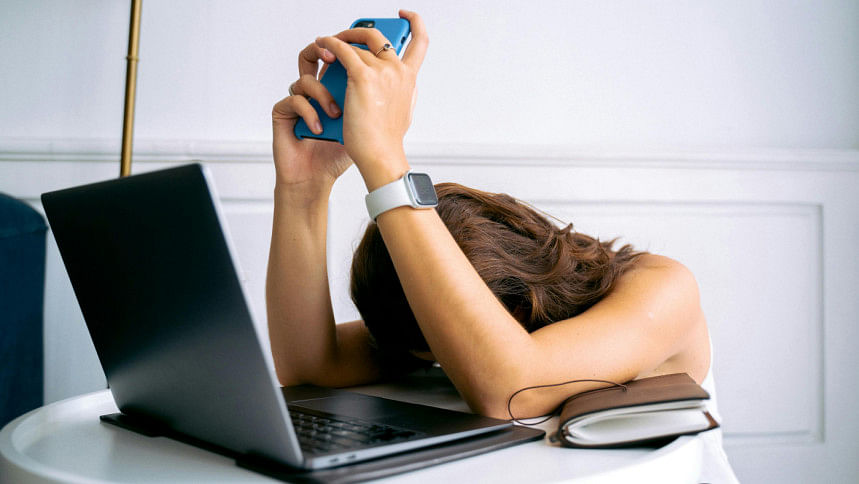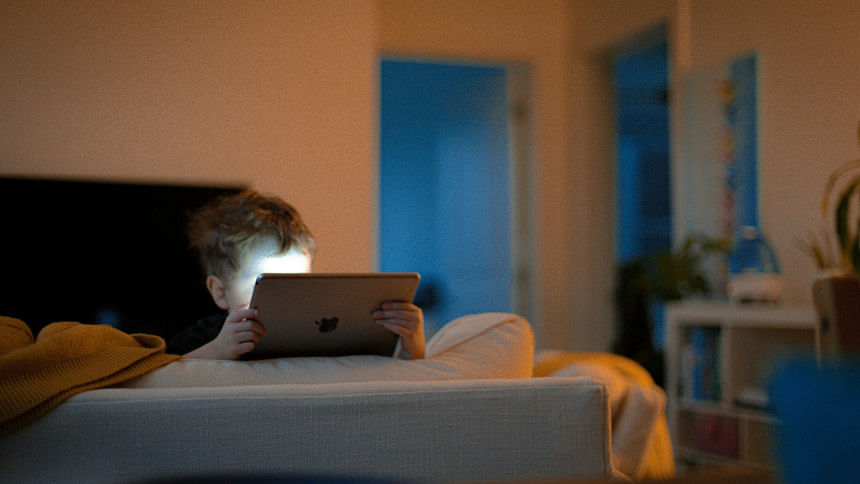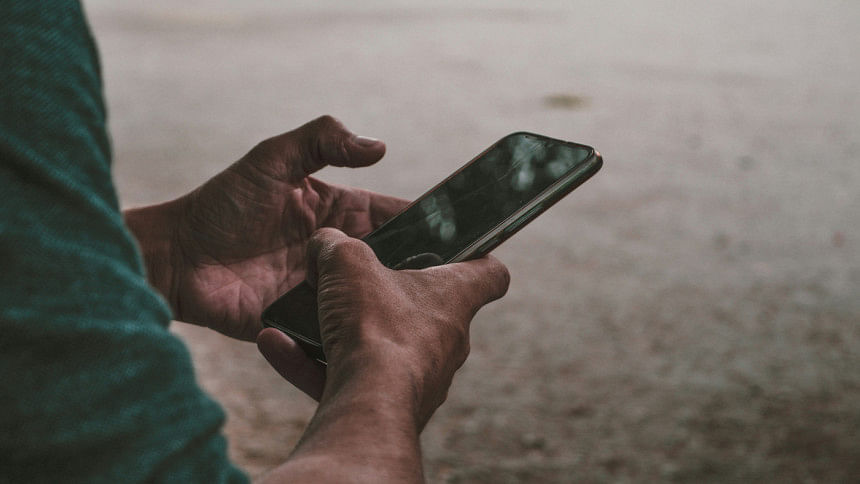Is screen time really harming our teens?

A popular narrative has emerged in recent years, suggesting that smartphones and social media are primarily responsible for declining teen mental health. Headlines warn of "digital addiction" and "rewired brains," creating widespread anxiety among parents, educators, and policymakers. However, the scientific evidence paints a more nuanced picture, challenging many of these assumptions.

What research shows
"For such a long time, we have heard how detrimental screen time is for our children," said Maisha Sarwar, a 33-year-old banker. "My son is three and the way he devours Coco Melon frankly has me very worried."
Maisha is one of the many hundreds and thousands of parents who feel guilty about giving their children screen time, ridden with apprehensions about their social lives and mental health as a consequence of this quick fix.
It may be time for some of that guilt to be put to rest, however. Despite extensive concerns, researchers have consistently failed to find convincing evidence that digital-technology use contributes to adolescent depression and other mental-health symptoms, despite decades of research on adolescents and their usage of technology. In fact, multiple studies and comprehensive reviews have indicated that social media is among the least influential factors when it comes to predicting adolescent mental health- similar, perhaps, to the effects of regularly eating potatoes and less impactful than wearing glasses or bicycling.
Research consistently identifies a family history of mental disorders, offline factors such as sleep duration, early exposure to adversity (violence/discrimination), school-related and family-related stressors, economic insecurity, and access to mental health resources to have much stronger associations with adolescent mental health outcomes than technology use.

Correlation or causation? A critical dilemma
"My friends and I have had this conversation — strangely, we all feel that when we are sad or upset, we mostly turn to screen time to make us feel better," shares Samiha Manar, a 14-year-old student. "We turn to Netflix, or Instagram for mindless distraction, or just pick up the phone and video call each other. I know there are a number of articles that will probably prove me wrong, but this is our reality."
Most studies on social media and mental health are correlational, meaning they are unable to determine whether social media causes mental health problems or vice versa. Interestingly, when Odgers examined the direction of this relationship, he mentioned, "Recent research suggests that early mental-health symptoms may predict later social-media use, but not the other way around."
Another longitudinal study by Coyne, in 2020, followed adolescents over six years. He found no evidence that social media use predicted depression over time. Instead, they found some evidence for the reverse — that depression might predict subsequent social media use, explaining Samiha's feelings.
How teens actually use technology
When researchers connect with adolescents directly, they find young people using digital technologies for developmentally appropriate activities such as connecting with peers from their offline life, consuming music and media, playing games with friends, seeking health information, and finding supportive communities, especially for those with marginalised identities

"It's impossible to avoid it," says Jawad Shah, 17. "From catching up on news to keeping in touch with peers, placing food orders to picking up new abilities, tech is ingrained into our lives."
Another teenager, Anfaas Karim, 18, talks about how he has never seen technology and screen time as anything but a friend. "I was exposed to it ever since I was born," he says. "It's done nothing but help me — with assignments, with establishing and maintaining connections with friends. "It's taken me through COVID," he shrugs. He admits, however, that this "friend" might sometimes seem a little clingy, with its alluring distractions but over time, he's learned to strike a balance between his screen and real time.
A more balanced approach
Dr Abdul Hamid, a psychoanalyst from Monobikash Foundation mentions, "Technology, in itself, is not a villain. If anything, it has been quite the blessing, training our mind to work better, respond faster, and to generally keep up with whatever the machine can do for us."
The real problem, he feels is the complacency it has created in doing so. "Imagine going on foot to deliver a letter and the physical effort it took to get the job done, only 20 or 30 odd years ago. Fast forward to now, when one ping on the social media is all it takes. It has cut down physical work by so much that people have become quite lethargic, forgetting to strike a reasonable balance between working the mind and body." He finds this to be a disastrous consequence of technology, and one that gives rise to all sorts of psychological problems. "People who are able to effectively strike that balance, go on to conquer space!"
According to the expert, the instant gratification that social media or games offer is also something one can get hooked to fairly quickly. "Teens can get addicted to instantly gratifying technology so much that working for the real pleasures of life such as saving up for something or nurturing a passion begins to seem like a towering ask." This too, Hamid says, is a major disadvantage of screens, in a world that is increasingly grateful to technology. "Again, it's all about striking the right balance."
Rather than panic-mongering and restrictive approaches, existing evidence and expert advice suggest that parents understand both the benefits and risks of technology, based on its usage and individual circumstances. Focussing on digital literacy and teaching critical evaluation skills can be beneficial for teens rather than restrictive approaches. Parents should go through the content their children consume and observe how they use technology, promoting 'connected parenting.'
While glaring concerns about technology remain undeniable, blindly demonising technology and focussing exclusively on-screen time as the primary cause of teen mental health challenges may divert attention away from the real risk factors.

 For all latest news, follow The Daily Star's Google News channel.
For all latest news, follow The Daily Star's Google News channel. 






Comments